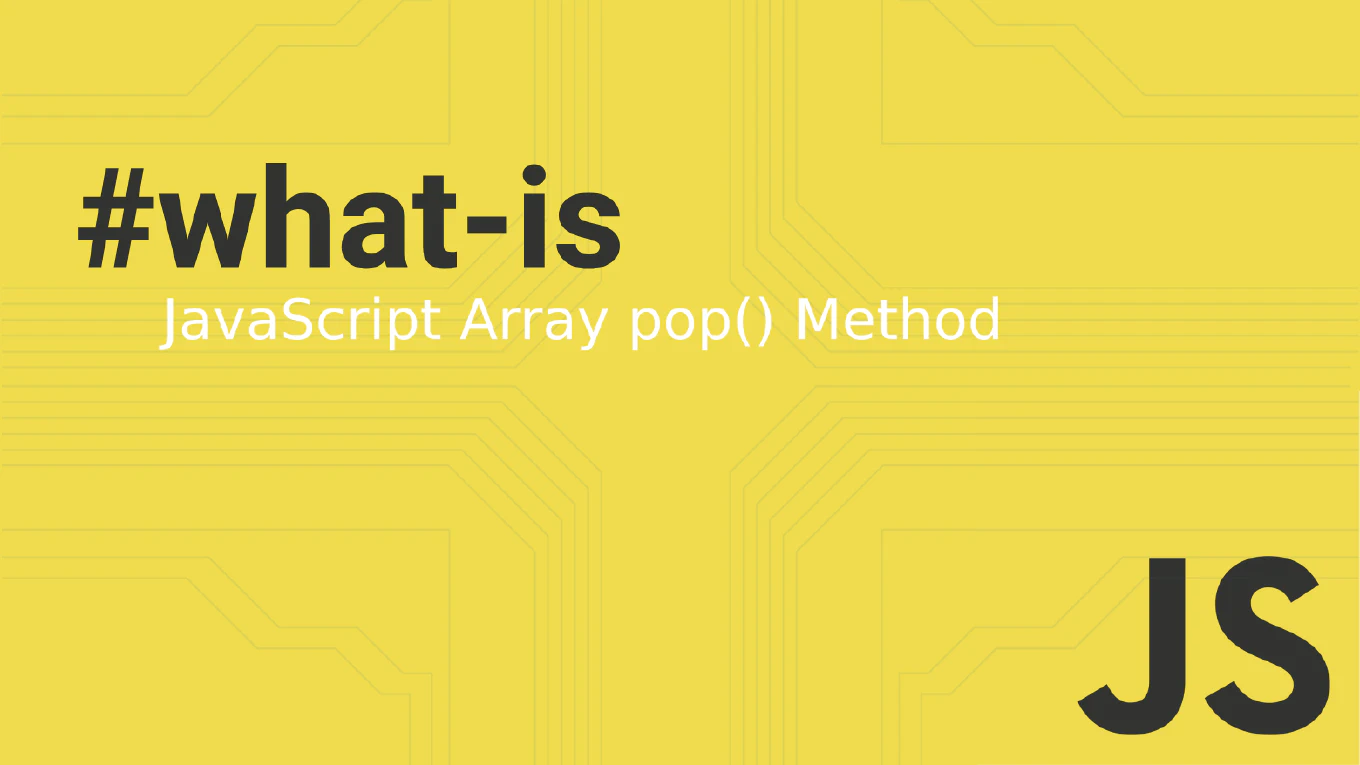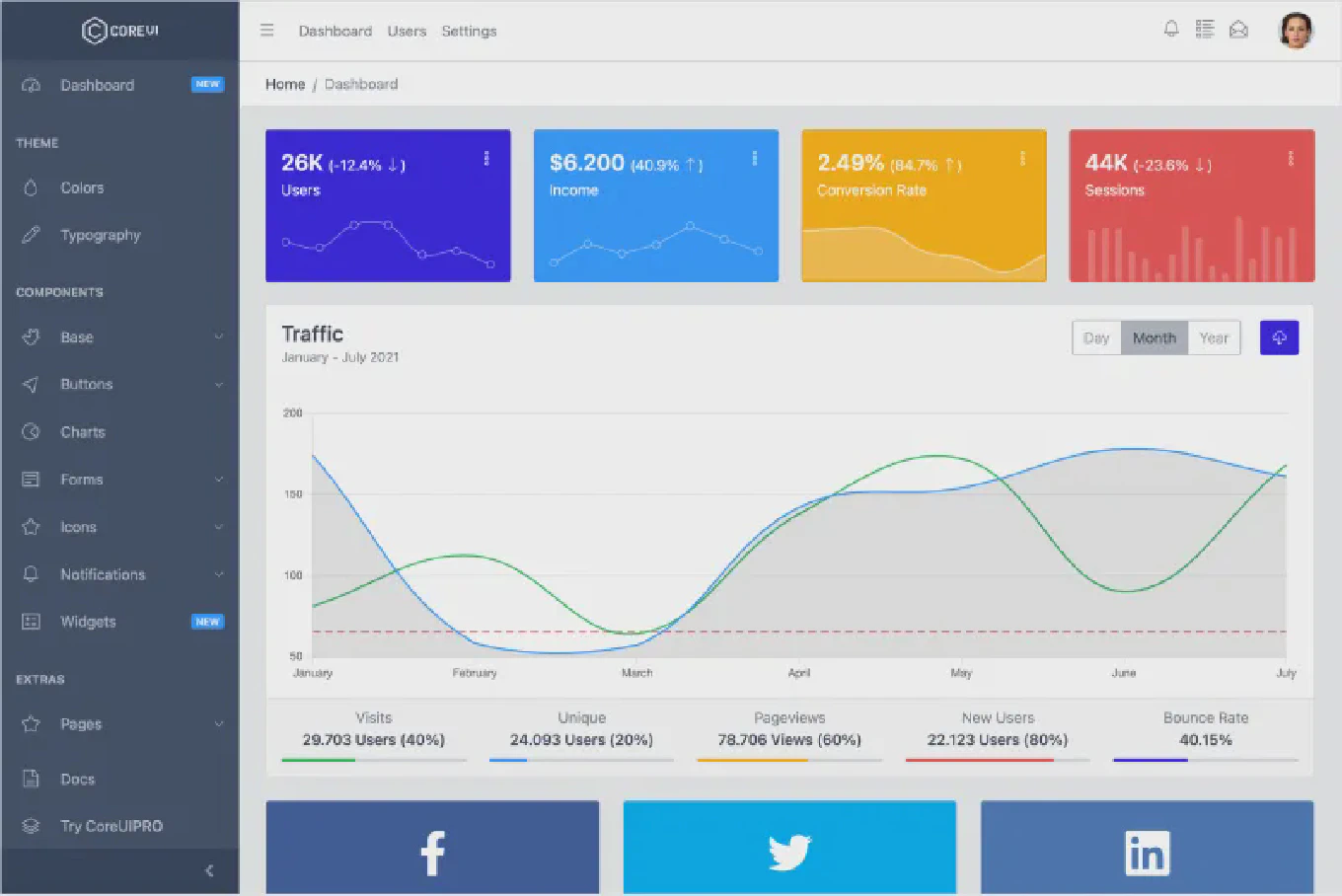How to implement JWT authentication in Angular
JWT authentication provides stateless, secure authentication using JSON Web Tokens for API authorization, enabling scalable authentication across distributed systems. As the creator of CoreUI, a widely used open-source UI library, I’ve implemented JWT authentication in Angular applications throughout my 12 years of frontend development since 2014. The most robust approach is using HTTP interceptors to automatically attach JWT tokens to requests and handle token refresh for expired tokens. This method centralizes token management, provides automatic authorization headers, and implements seamless token renewal without user intervention.
How to implement authentication in Angular
Authentication provides secure user access control, protecting routes and resources from unauthorized users while managing login sessions and tokens. As the creator of CoreUI, a widely used open-source UI library, I’ve implemented authentication systems in enterprise Angular applications throughout my 12 years of frontend development since 2014. The most effective approach is creating an authentication service with route guards to protect routes and HTTP interceptors for token management. This method centralizes authentication logic, provides reusable guards, and automatically handles token injection for API requests.
How to enable GPG signing in Git
Enabling GPG signing for Git commits ensures commit authenticity and maintains security in collaborative projects and open-source repositories. As the creator of CoreUI, a widely used open-source UI library, I’ve enforced commit signing in production repositories throughout my 25 years of development experience. The most straightforward approach is configuring Git to automatically sign all commits with your GPG key. This method provides cryptographic proof of authorship for every commit you make.
How to verify signed commits in Git
Verifying signed commits ensures the authenticity of code contributions and maintains security in collaborative projects.
As the creator of CoreUI, a widely used open-source UI library, I’ve enforced commit signing in enterprise repositories throughout my 25 years of development experience.
The most straightforward method is using git log --show-signature to display GPG signature verification status for each commit.
This approach provides clear indication of whether commits are properly signed and verified.
How to sign commits in Git
Signing Git commits with GPG keys verifies commit authenticity and proves that commits actually came from you. As the creator of CoreUI with over 25 years of development experience, I’ve implemented commit signing for security-critical enterprise projects. The most effective solution is to generate a GPG key, configure Git to use it, and enable automatic commit signing. This approach provides cryptographic proof of commit authorship with verified badges on hosting platforms.
How to use SSH keys in Git
Using SSH keys for Git authentication provides secure, passwordless access to remote repositories with better security than HTTPS credentials. As the creator of CoreUI with over 25 years of development experience, I’ve configured SSH authentication for countless development teams and projects. The most effective solution is to generate an SSH key pair and add the public key to your Git hosting service. This approach eliminates password prompts while providing strong cryptographic authentication.
How to store Git credentials
Storing Git credentials securely prevents repetitive password prompts while maintaining security for repository access. As the creator of CoreUI with over 25 years of development experience, I’ve configured secure credential storage across countless development teams. The most effective solution is to use Git credential helpers that integrate with your operating system’s secure credential storage. This approach balances convenience with security by leveraging OS-native encryption and access control.
How to validate file uploads in Node.js
Validating file uploads is critical for Node.js applications to prevent security vulnerabilities, malicious files, and storage abuse. As the creator of CoreUI with over 11 years of Node.js development experience since 2014, I’ve implemented secure file upload validation in countless enterprise systems. The most effective solution is to use Multer’s fileFilter option combined with file size limits and MIME type validation. This approach provides comprehensive validation before files are written to disk.
How to remove a file from Git history
Removing sensitive files like passwords or API keys from Git history is critical for security when they’re accidentally committed.
As the creator of CoreUI with over 25 years of development experience, I’ve helped teams clean repositories after accidental credential commits many times.
The most effective modern solution is to use git filter-repo, which is faster and safer than the older filter-branch command.
This tool completely rewrites history to remove all traces of the file.
How to validate password strength in React
Validating password strength in React ensures users create secure passwords by implementing multiple security criteria with real-time feedback and visual strength indicators. As the creator of CoreUI with extensive React experience since 2014, I’ve built password validation systems for enterprise applications requiring robust security standards and user guidance. The most effective approach uses multiple validation rules with dynamic scoring and visual feedback to guide users toward creating strong, secure passwords. This method provides comprehensive security validation while maintaining excellent user experience through progressive disclosure and helpful feedback.



